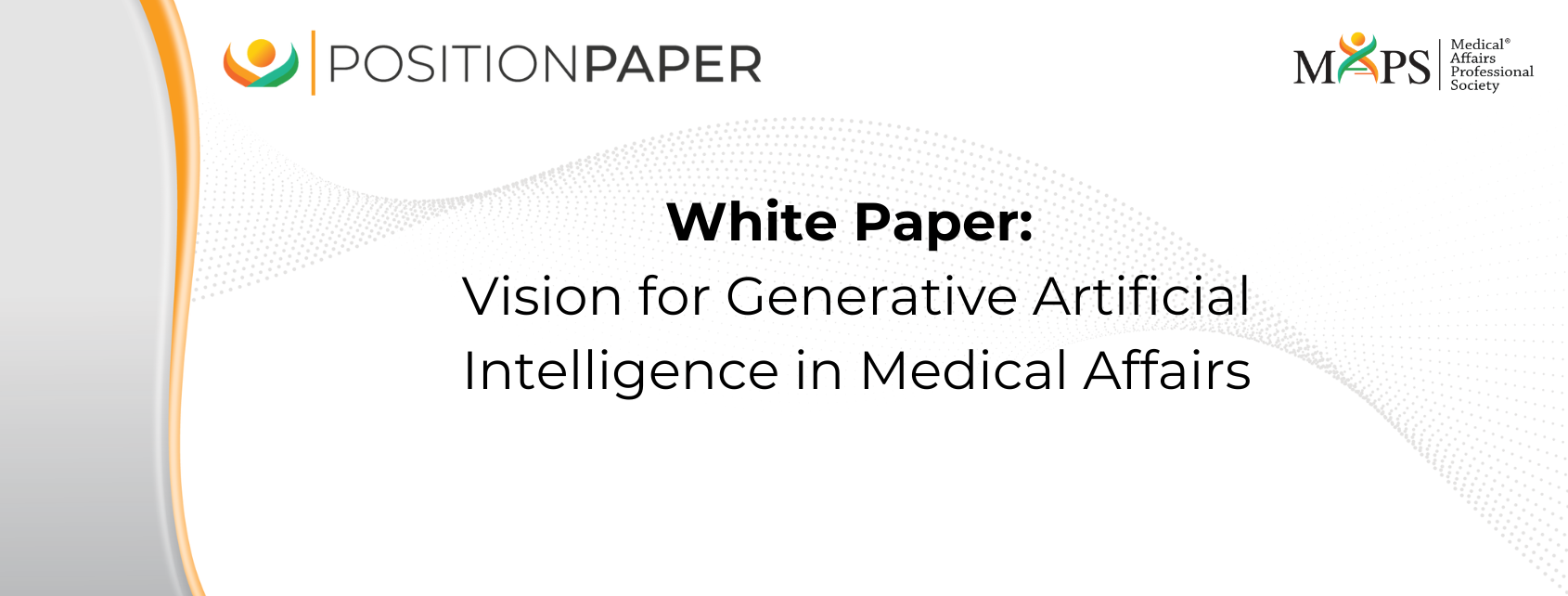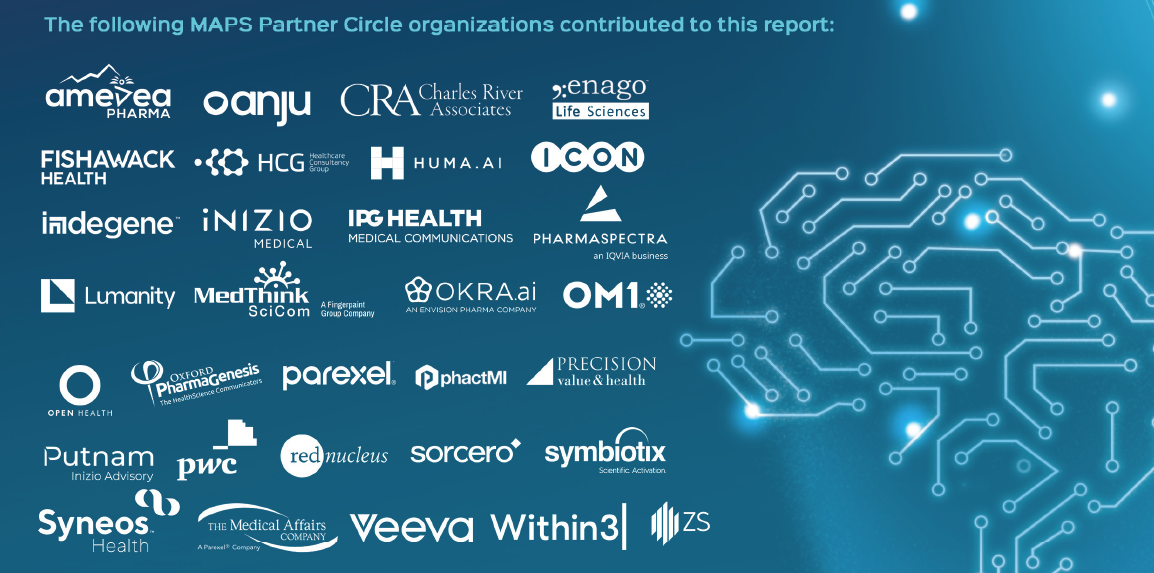Introduction
Human beings are the planet’s most evolved cognitive entity. That is, we were until recently. The emergence of Generative Artificial Intelligence (Gen AI) platforms drives another coffin nail into human intellectual dominance, compounding earlier demonstrations of inferiority such as Garry Kasparov’s loss in chess to the algorithm Deep Blue in 1997, IBM Watson’s Jeopardy win against Ken Jennings in 2011, and the Stanford/Google collaboration that in 2012 led to the development of AI that could recognize cat photos. Today, Gen AI is unequivocally better than humans at a range of cognitive tasks, including its ability to spot patterns, make connections, and find meaning in vast amounts of structured and unstructured data.
The realization that machines accomplish certain cognitive tasks better than humans is nothing new (e.g., the Sumerian abacus appeared around 2500 BCE). However, all previous technologies have essentially been “tools,” used by humans to make our jobs and our lives easier, or as a kind of cognitive prosthetic that allowed us to accomplish otherwise unachievable or inefficient tasks. Gen AI can be similarly used as a tool. But these technologies now have the potential to transcend the idea of a “tool” to provide not only execution of human-led or human-defined tasks but also the creation of new knowledge and new ways of making sense of the world around us.
Meanwhile, readers of this paper live in the real world in which we have a decision to make: Do we leverage Gen AI in its existing, imperfect form to provide value to our companies and eventually to patients, or do we watch other Medical Affairs teams and departments adopt Gen AI while we fall behind?
Endorsed by members of the MAPS Executive Consortium:
- Randy Brown, Global Lead | Respiratory Medicine, Immunology & Digital Health | Global Medical Affairs, Teva
- Danie du Plessis, Executive Vice President Medical Affairs, Kyowa Kirin
- Catrinel Galateanu, Head of Global Medical Affairs, UCB
- Brad Glazer, Vice President, Worldwide Medical, Baxter
- Jack Goodpasture, Medical Affairs & Transformation, Lilly
- Andrew Greenspan, Chief Global Medical Affairs Officer, Janssen
- Mandeep Kaur, Senior Vice President, Global Medical Affairs and Health Outcomes Research, Horizon
- Deepak “Dee” Khuntia, SVP, Chief Medical Officer, Varian
- Johnathan Lancaster, Senior Vice President & Head, Global Medical Affairs, Regeneron
- Deborah Long, SVP, Global Medical Affairs, Vertex
- Lobna Salem, Regional Chief Medical Officer Developed Markets and Japan, Australia, and New Zealand, Viatris
- Kirk Shepard, CMO, SVP, Head of Global Medical Affairs OBG, Eisai (former)
- William Sigmund, EVP and Chief Medical Officer, Becton Dickinson
- Darryl Sleep, Senior Vice President, Global Medical and Chief Medical Officer, Amgen
Special thanks to:
Matt Lewis, Global Chief Artificial and Augmented Intelligence Officer, Inizio Medical
and
Peter Piliero, VP, Medical Affairs, Melinta Therapeutics.




